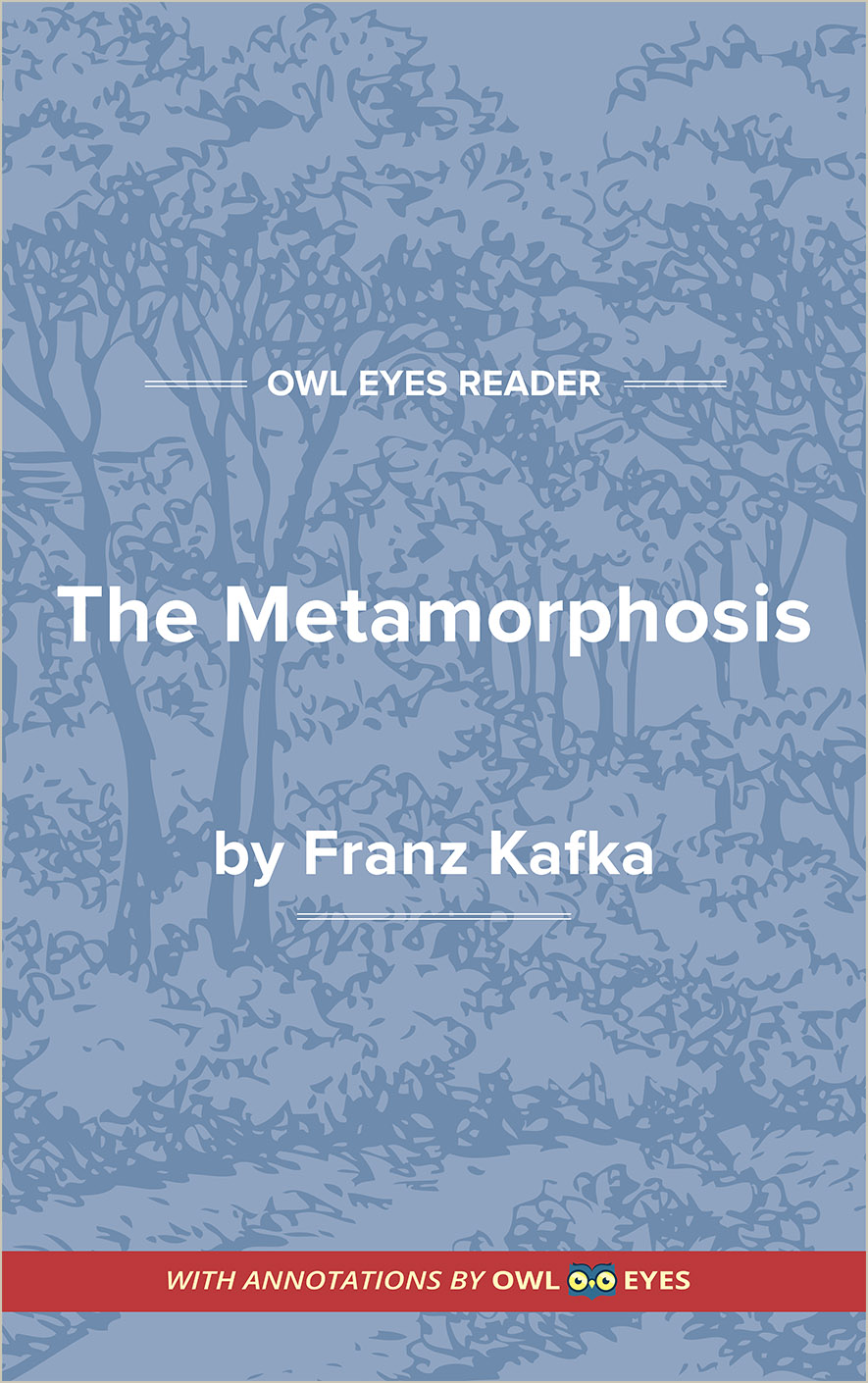Analysis Pages
Historical Context in The Metamorphosis
Publication History: It took Kafka only a few weeks in 1912 to finish the first draft of The Metamorphosis. With encouragement from author Max Brod, Kafka’s friend, Kafka published the story in the German journal Die Weißen Blätter (The White Pages) three years later. Initial reception to The Metamorphosis was warm, allowing Kafka to win the Theodor Fontane prize, a German-language literary award. Due to Kafka’s popularity, the first translation into English was released in 1933. Since then, at least ten other English translations have attempted to render Kafka’s nuanced diction.
Marxism: Having been conceived and disseminated a few decades prior to The Metamorphosis’s publication in 1915, there are a few Marxist influences on the text. Marxism posits that capitalism takes advantages of its weakest members, benefiting those who own and control rather than those who work. Conflict arises from the owners taking advantage of the workers. Remnants of this philosophy can be seen in Gregor’s relationship with his nonworking family members, who arguably take advantage of his drive and work ethic.
Historical Context Examples in The Metamorphosis:
Chapter II
🔒"the gas was lit..." See in text (Chapter II)
Chapter III
🔒"which she had left uncovered without a band or collar..." See in text (Chapter III)

